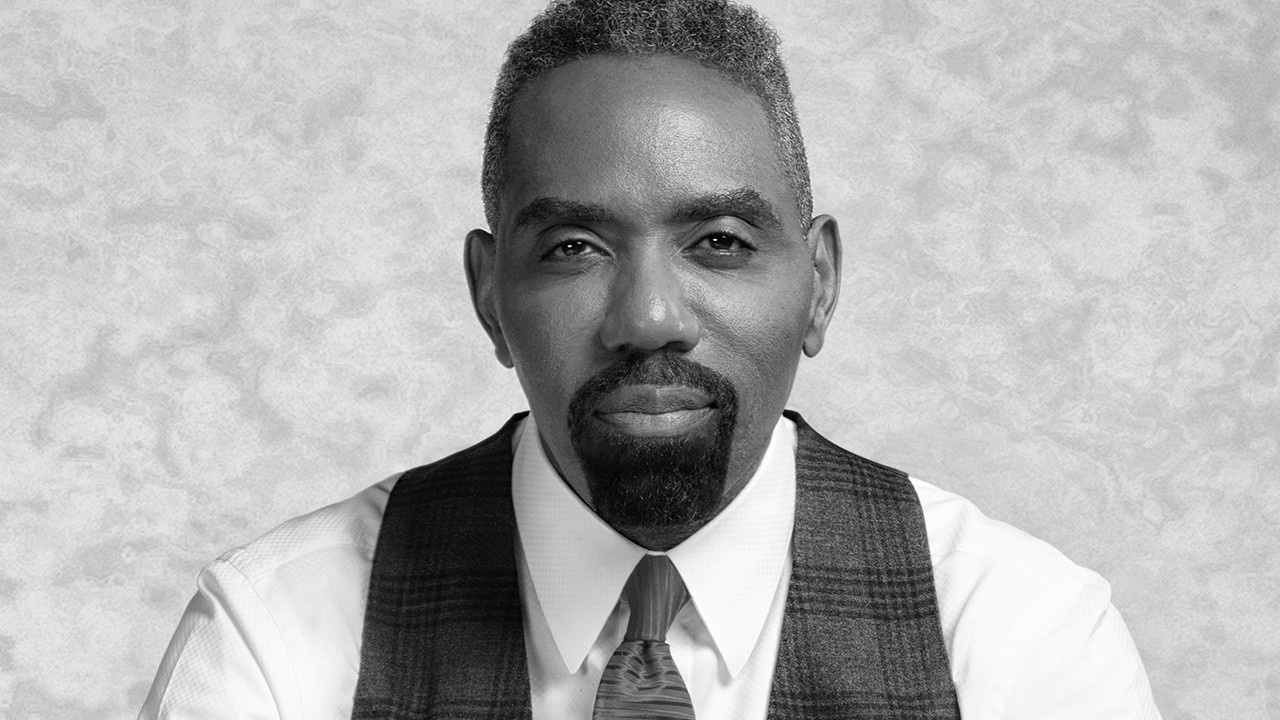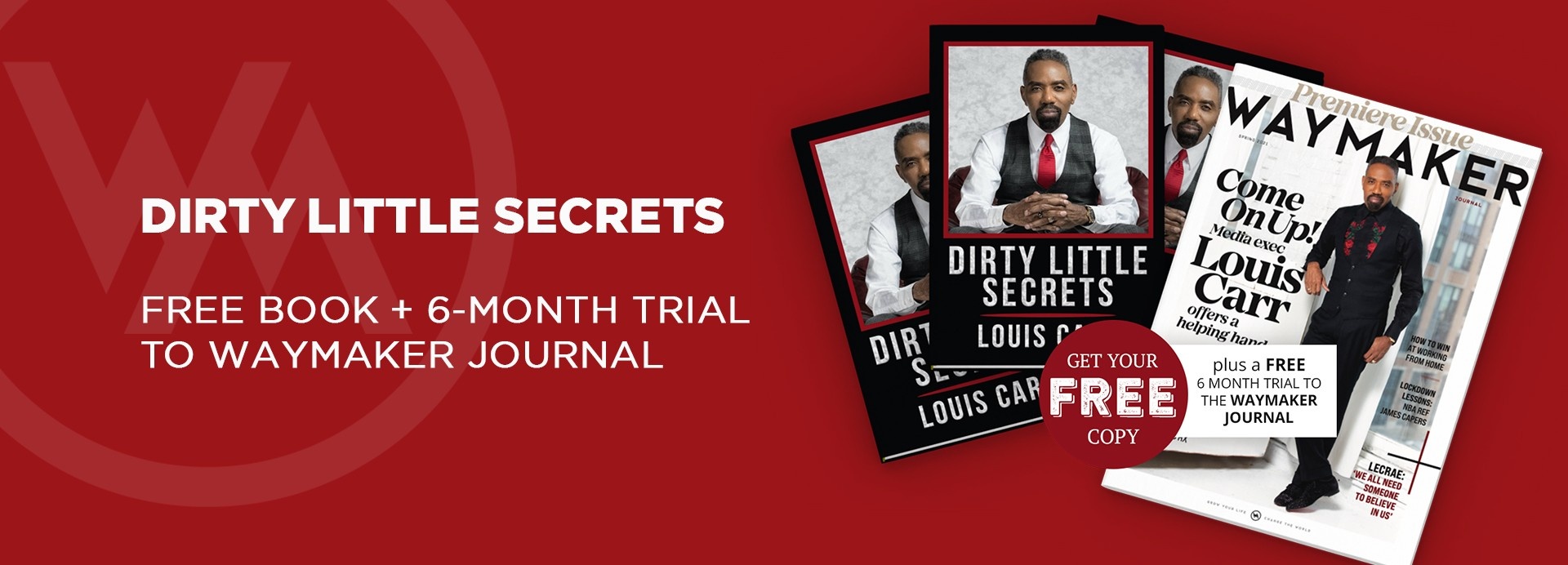An AVAIL Conversation: Louis Carr on diversity, leading in crisis and advice he would give his 30-year-old self

Avail Media Host, Virgil Sierra, recently sat down with Louis Carr for the Avail Leadership Podcast. Louis Carr is a media mogul, motivational speaker, philanthropist, and author. With over 30 years of experience in the media and advertising industries, Louis is the president of media sales for BET networks and one of the most influential and prominent African-Americans in the media and advertising industry. To listen to the entire conversation—and others like it—subscribe to the Avail Leadership Podcast.
Virgil: I know in conversations that we’ve had that creating and leading a diverse environment is important to you. Talk to me a little bit about that. How does that come into play in your work environment?
Louis: When I started managing, I always wanted to create an environment that was flexible, that there are boundaries and give, sort of like a skyscraper. When it gets tall, they have to build them so they kind of sway back and forth with the weather. So, I wanted to create an environment that’s able to take people as they are. That could be male, female, black, white, brown, green, yellow—all of that as part of the environment. I don’t think you can grow or your business can grow into your environment and your boundaries are challenged. In order to be a good leader, you’ve got to bring people in who sometimes are going to challenge your thinking and your process. If it’s as good as you think it is, you'll be able to defend it. And I don’t mean saying “I’m the boss and do what I say do,” but to give very good logic and understanding to why things are the way they are and why you’ve made certain decisions.
Virgil: How do you lead a diverse environment?
Louis: We’ve all heard people say, “I would like more, Hispanics or Latinos or Black people. I would like more Asians, but I can’t find them.” They’re not hiding in a cave. Are you looking in the right places? They’ll find you, but you need to create an environment that they believe they can be successful in. You create it with intention. You don’t just talk about it. When I go in a restaurant and I see a table of 12, 14, 16 guys with suits on. There's not a woman at that table. I’m confused. What type of business is it that there’s not a woman. It’s the same thing to me when I say a group of people and there's no people of color. When I hire somebody, I want people to value them immediately. So, one of the first things I do, when we have a meeting, I sit them next to me. What is that? I am showing a symbol, an image that this person is new, this person has value. I want you to see they have value because they’re sitting right next to me.
Virgil: So, how do you build a diverse environment? And then, what is the fruit—the results that come when you begin to build it?
Louis: When you, when you see something successful, you try to replicate it over and over again. But you have to work at developing people. Sometimes, we say, “You got the job. Good luck with that.” No, I don’t care who it is, they need development, they need leadership, they need guidance. We as leaders are sometimes too busy. If that’s the case, then you’re probably not the right leader because that’s got to be a part of your core leadership principles—teaching, guiding, sometimes challenging people. That’s all part of the things that leaders have to do.
Virgil: We both know that there’s no such thing as a perfect organization. Everything is flowing perfectly. Everybody's wonderful. No conflict. So, have you seen diversity also challenge the process?
Louis: Just like when you change systems, it’s something new, something different. People hate it, because there is the learning curve. It’s the same when you add diversity and inclusion to the environment. But you say, “You know, we’ve been having problems with that system. So, we've decided that we're going to change it. And here’s the timeline. We’re going to go parallel for X number of months, and then we’re going to go into beta, and then we’re going to go live. That's what happens when you have to insert new processes, new people, new thinking in an environment. There’s, short-term pain for long-term gain.
Virgil: It’s important to learn from the past, and it’s important to be intentional about the present, but, considering what’s coming ahead, what do leaders have to be today?
Louis: You cannot just lead what you see. You have to be able to do some strategic predicting forecasting and possibilities. We had to leave offices in March 2020. Some people had to start from scratch because they never planned for any sort of calamities. The best leaders always had a plan B and a plan C and were able to flip a switch or give a direction or order. Did anybody know COVID 19 was coming? Absolutely not. But great leaders knew that could be a possibility that there would be some things that were out of their control. How will we react and prepare our teams to be able to react? I told my management team, “This is what you get paid for.” It’s not what you do. It’s what you know. You get paid for your brain power. You get paid for solutions. You get paid for strategies. You get paid for tactics.
Virgil: Exactly. It’s your time machine. And you get back to 1986, and you get to have coffee with Louis Carr, but he doesn’t know it’s you, and he’s about to step into a very important role in position. What leadership advice—what would be in the top of the list?
Louis: Always be looking to learn, always be looking to grow both personally and professionally. Take professional maturity to heart, and always make it bigger than yourself. No matter what your goals or objectives are, make sure that your actions and that your success bring along others—make it bigger than yourself.
This article was extracted from Issue 5 (Spring 2021) of the AVAIL Journal. Claim your free annual subscription here.
Stay up-to-date with all our upcoming releases!
Join our mailing list to receive the latest news and updates from us. Your information will not be shared.





